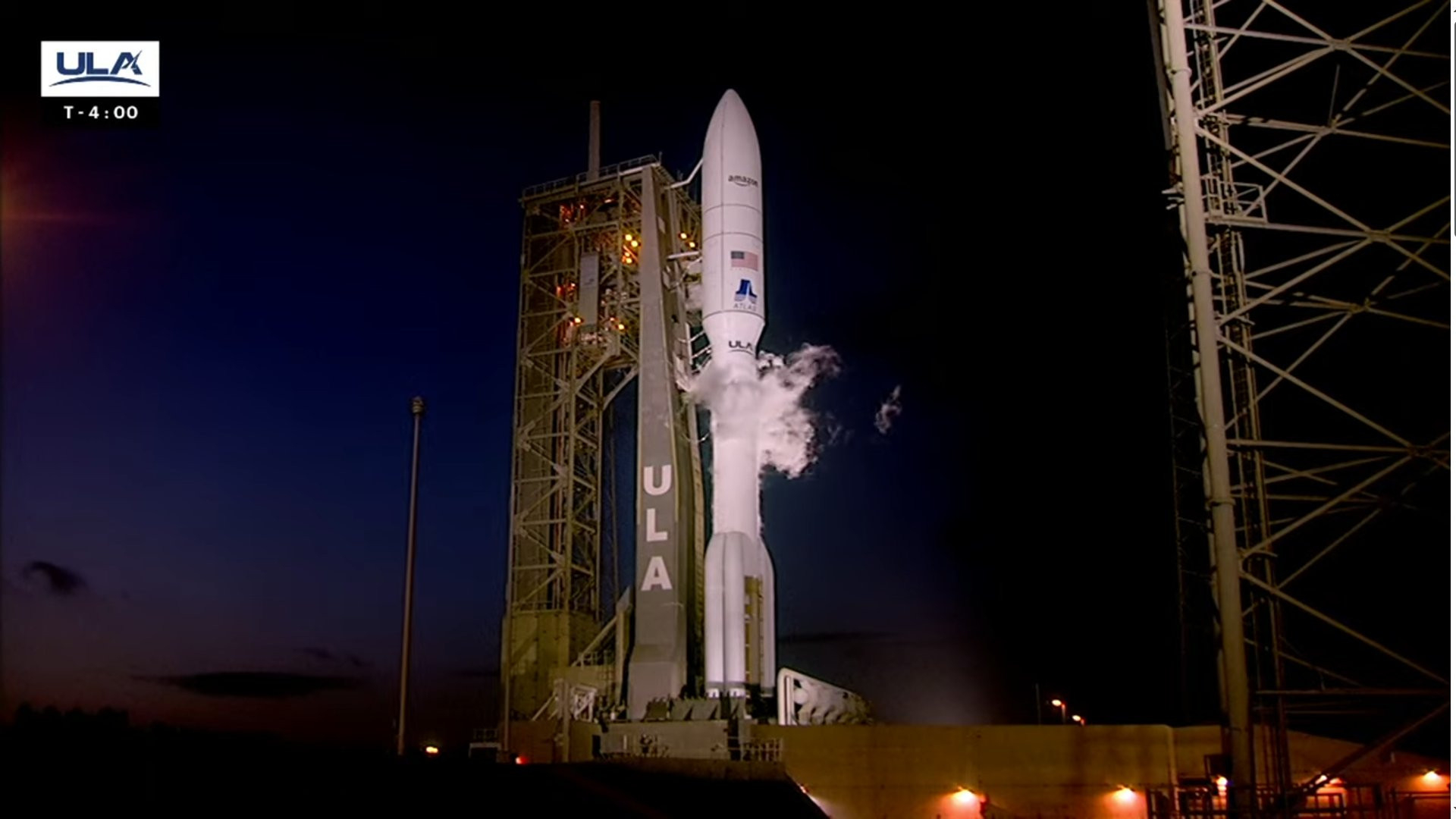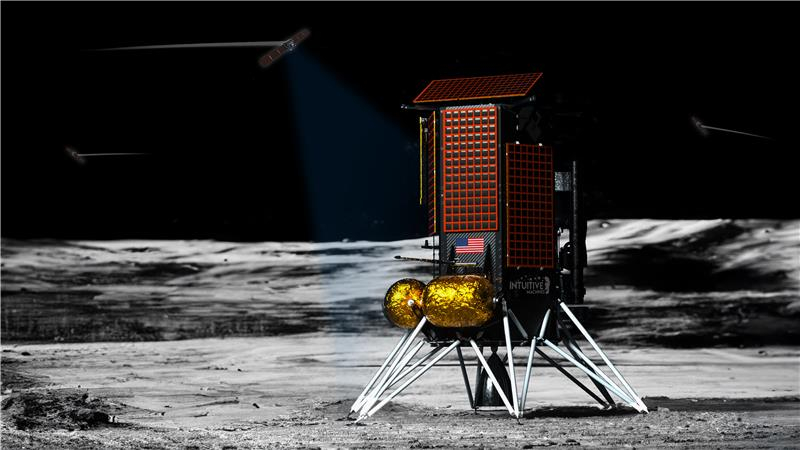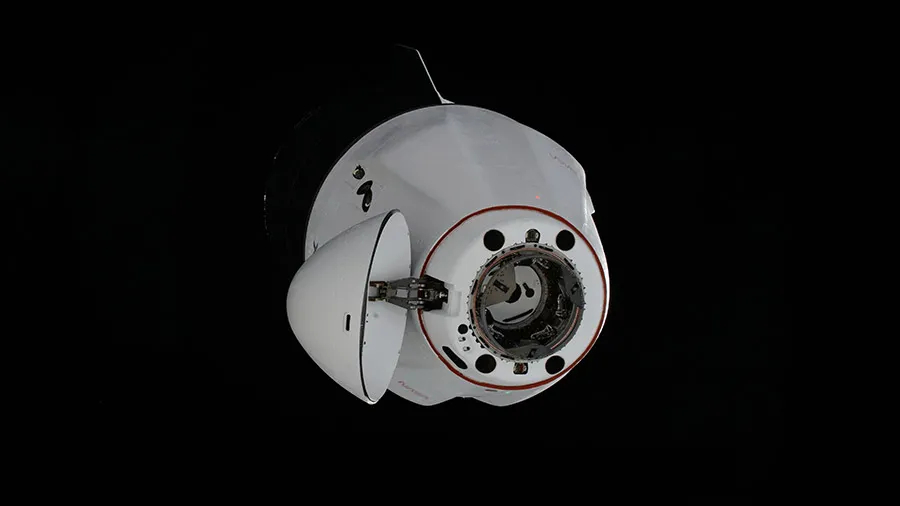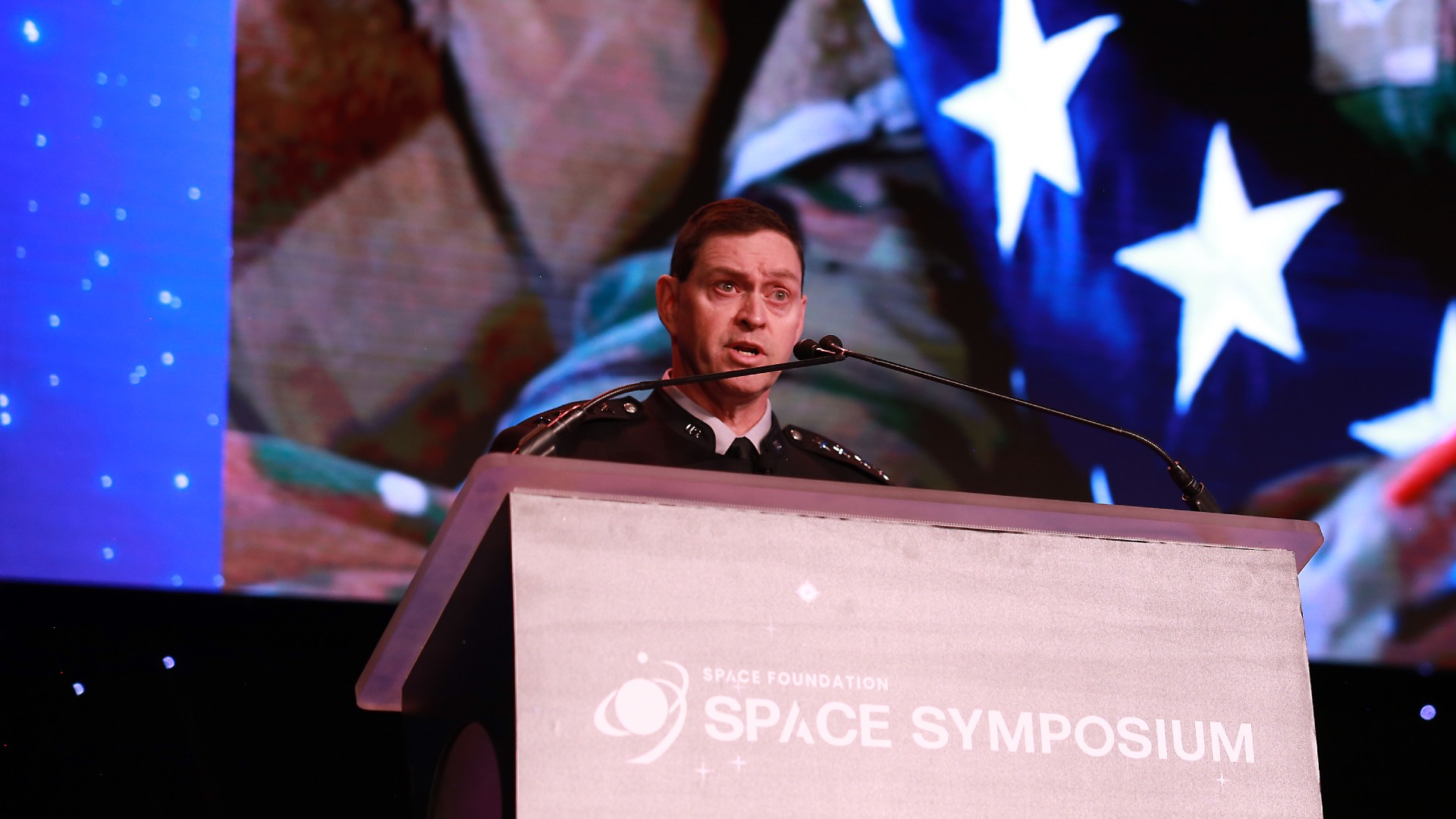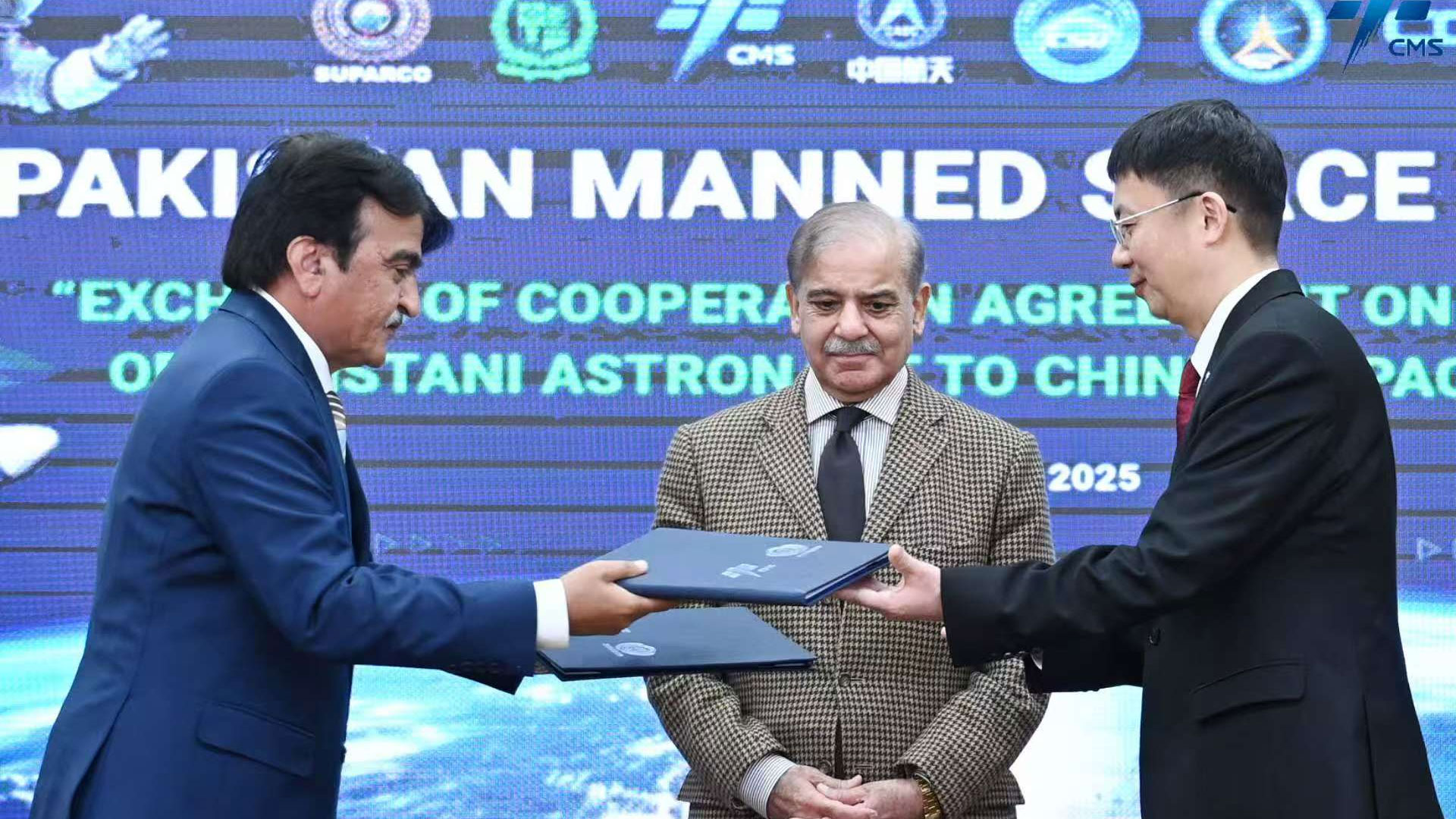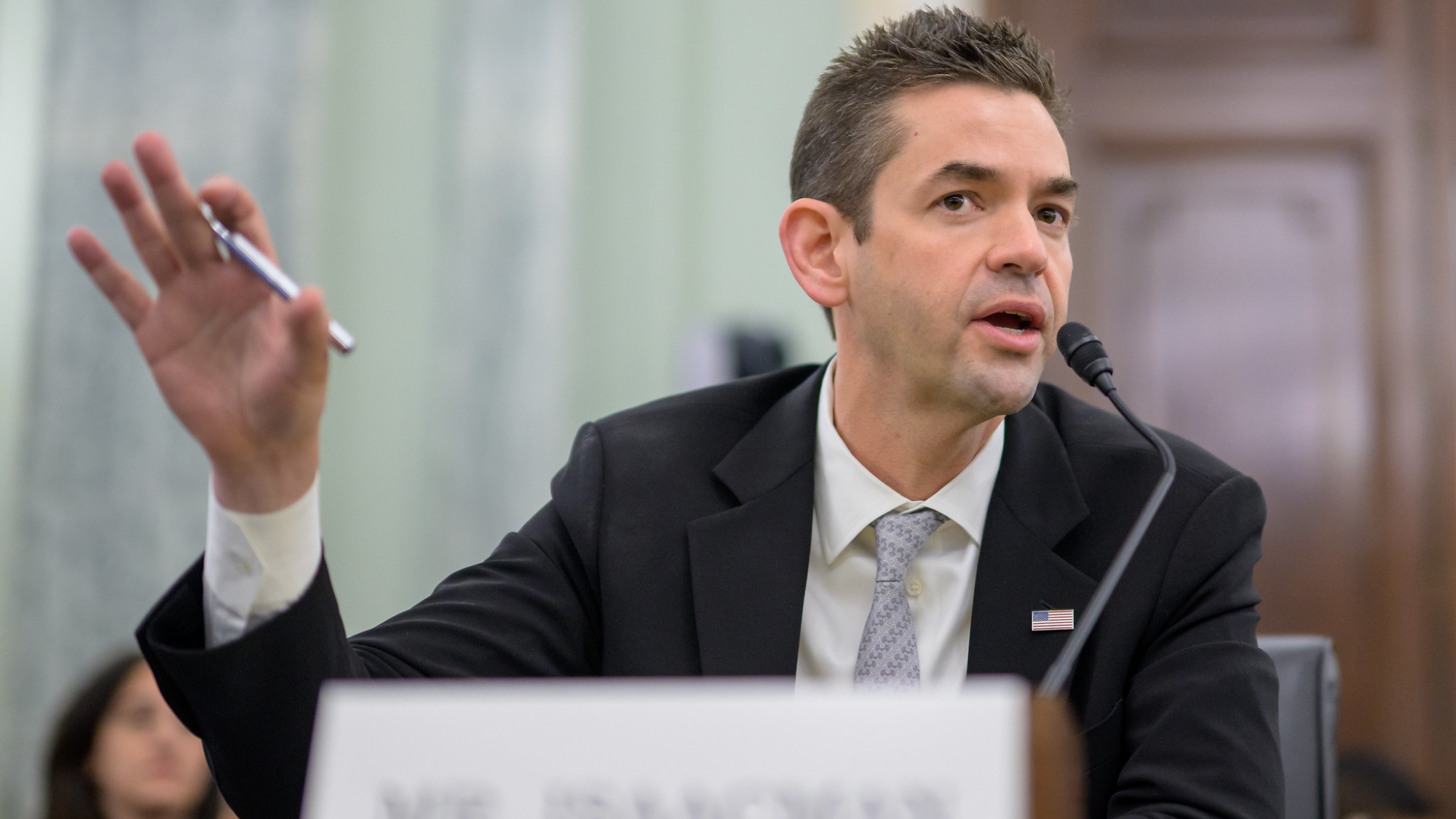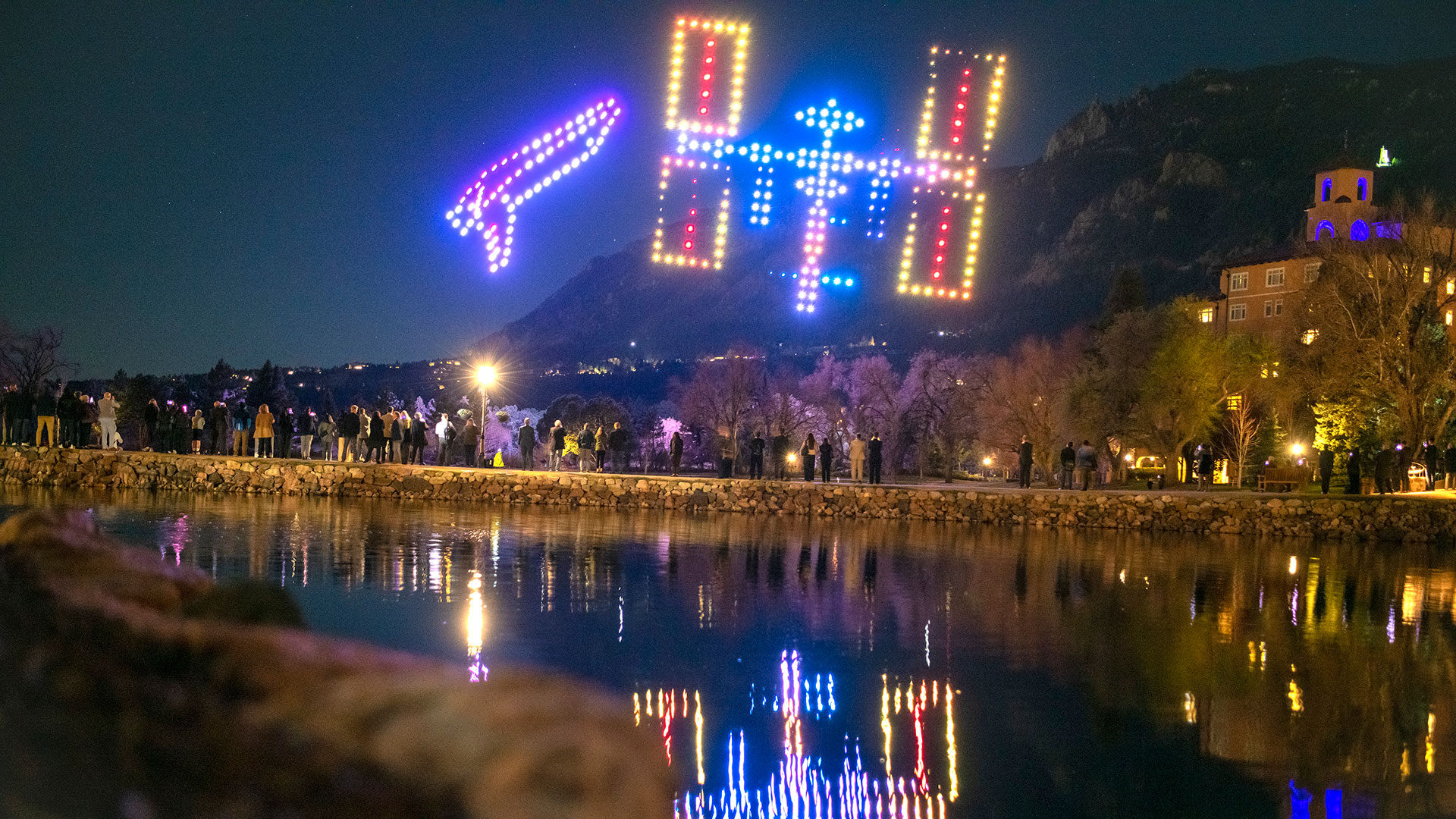
The Elysium effect: The coming backlash to the billionaire 'NewSpace' revolution
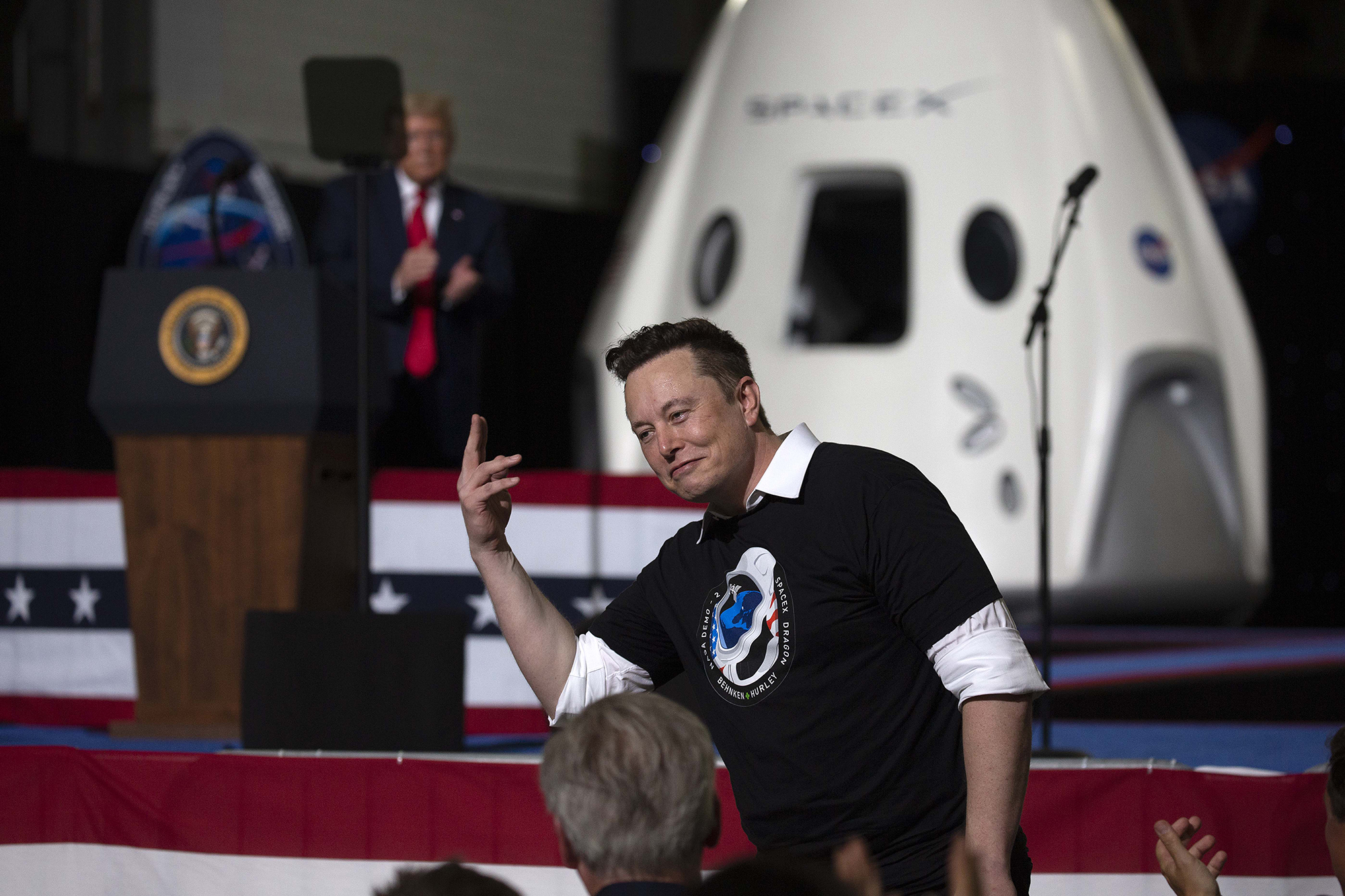
In the 2013 science fiction film "Elysium" starring Matt Damon, Earth's wealthiest 0.01% move to the ultimate gated community, a luxurious orbiting space colony, leaving a poverty-stricken humanity to fend for themselves on a ravaged planet.
Interestingly, it is indeed some of today's 0.1% who are leading the way into space to build communities beyond Earth. However, quite the opposite of the movie, their goals are of the highest order, from democratizing access to space by lowering costs, to creating new products and ideas, to helping save the planet and opening space to future generations.
Yet, given the effects of the coronavirus pandemic, social justice and green movements, even as entrepreneurs like Elon Musk, Jeff Bezos and Richard Branson spend billions to support a human breakout into space, there is a backlash building that holds these projects as icons of extravagance — even as their work may help save the Earth. This is the "Elysium effect."
Related: 'Billions and Billions': Space exploration is not just for billionaires
As in any good social movement, there is a need for bad guys, and these guys are easy icons of evil to many. And there may be no easier target they could present than a shiny private rocketship or space station — even if it is for a good cause.
Though they have many flaws, including the accumulation of lots of money, these space pioneers are actually trying to do something good for humanity and the planet. And while they may not be the cuddliest of people, just look at their other projects and goals: Musk builds electric cars and solar power systems, Bezos wants to move polluting heavy industry off planet - even as Amazon pushes towards zero emissions, and Branson is a long time champion of social and environmental causes.
Yet these visionaries, who author Christian Davenport called "The Space Barons" are often portrayed as rich boys with fancy toys.
Get the Space.com Newsletter
Breaking space news, the latest updates on rocket launches, skywatching events and more!
Things will get worse when the next wave of terribly branded "space tourists" begin to fly. Bezos' Blue Origin and Branson's Virgin Galactic will charge over $200,000 for excursions to the edge of space, while newcomer Axiom Space Systems and SpaceX will offer flights to and beyond the International Space Station for a few tens of millions, and even loop the Moon for a just few hundred million more.
Prodded by the tears in our social fabric revealed by the coronavirus pandemic and the social justice movement now underway, the Elysium effect will escalate dramatically after the 2020 presidential election, as a rising "green generation" of socially active post millennials begins a long needed cultural shift towards planetary stewardship. The mood will become increasingly anti-waste, anti-greed and anti-corporate, as social agendas blend with environmental goals.
It will not matter that throughout history it has often been the wealthy who invested in or supported major research programs, built the railroads, funded the ships that opened seas and the planes that opened the skies — their investments eventually creating the low-cost infrastructure for the rest of society to utilize. In the eyes of today's cultural rebels, the pioneering efforts of these space revolutionaries will be seen as stereotypical of the same extreme, concentrated male wealth and power that has driven the Earth to the brink of disaster.
Of course the situation is ironic. A social movement ready to upend the social order in the name of saving the planet and its people will attack the very people investing their wealth to try and save the people and the planet.
While those in the space field understand the goal is to open space to everyone by lowering costs over time, the fact that the initial spaceflight customers aren't "everyone" sends a bad message. And frankly, when it comes to positive messaging, the Space Barons suck. Be it Musk and his President Donald Trump-style tweeting, Branson playing the playboy, or Bezos building his billions on what some see as the backs of an underpaid Amazon workforce, they paint their own targets on themselves.
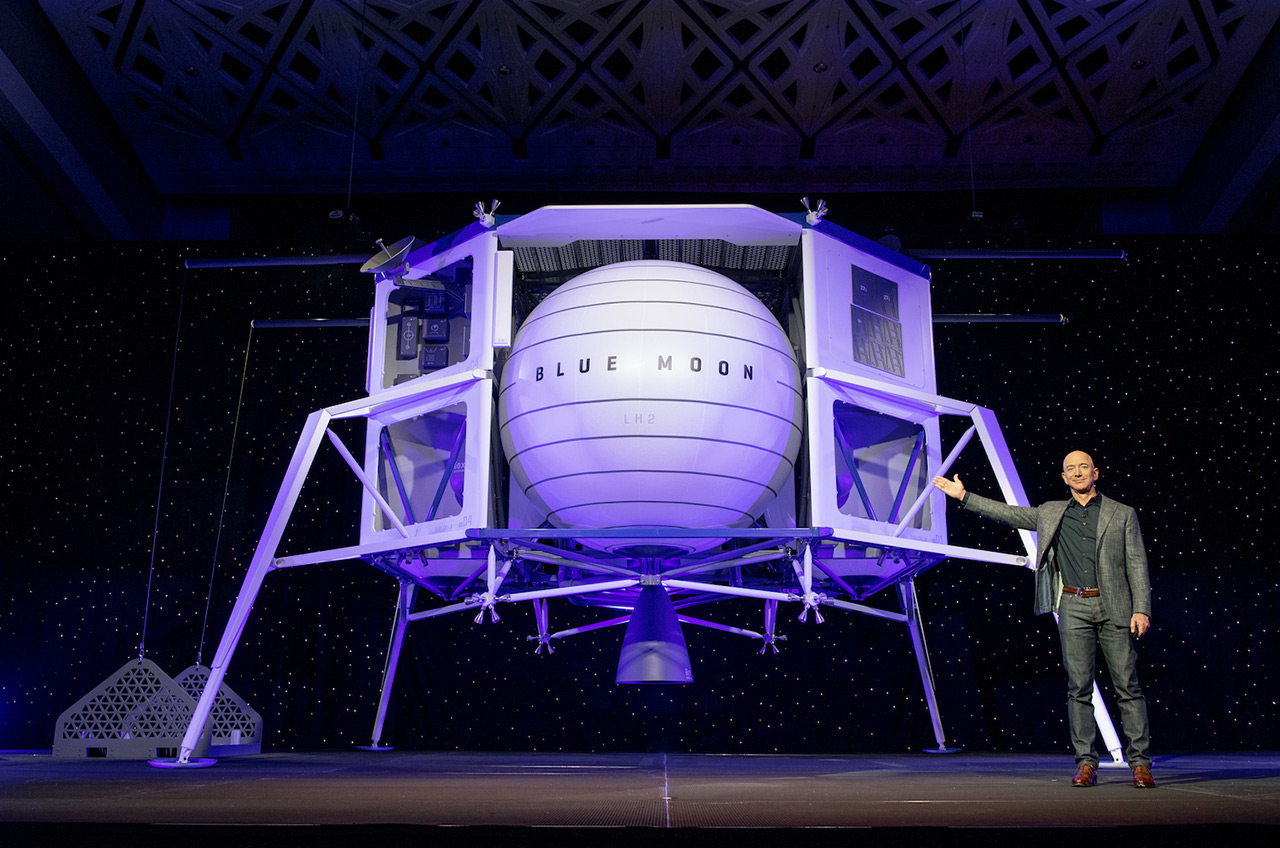
This wouldn't be so bad if we didn't need to open space quickly, or if governments hadn't blown the job over the last few decades. But we do, and they have. With the climate almost literally melting down, economies cracking under the coronavirus pandemic and people lost in a fog of disunity and pessimism, we need the space revolution to succeed, not instead of or in spite of these other challenges, but because it can help us win them all.
We need to get our best minds out there, to observe and help us understand what is happening down here, but also to develop new technologies and ways to save the planet, create new products such as medicines and to begin utilizing the resources of space to take the pressure off our home world. Governments have shown they are unable to make it efficient, and they certainly can't take it to scale.
Look, if you're reading this, you probably already "get it" when it comes to the importance of opening what Dr. G.K. O'Neill called "The High Frontier" (the seminal book on space settlement that converted Bezos and became one of his early products). There isn't much time for the space community to act, and as members of a society of nerds for whom it is as patently obvious that we must open space as that there will be another "Star Trek" spinoff, we need to get much better at engaging the rest of the world in this new conversation about space.
It really is critical that these space revolutionaries not only be allowed to, but are supported in their quests. The best thing we can do is to understand and speak to the concerns of those who don't yet understand why this is happening and what the true drivers are behind it all.
Perhaps answering the old question: "Why are we spending money in space when we have so many problems down here?" before it is asked again, might be a good start.
Related: Of course space exploration is worth the money (op-ed)
First, the money "we" the taxpayers spend on space is relatively trivial. In fact, the U.S. Department of Defense spends the entire NASA budget every two weeks or so. Of course in the case of the billionaires leading the charge the best answer is: "It's mainly not our money, it's theirs." Yes, in some cases they are taking government money to carry payloads and astronauts to space, but it is largely private money being invested, money that is and will save us billions of dollars over traditional government programs.
So let's talk about saving money for a moment — taxpayer money. SpaceX is carrying astronauts to and from the International Space Station for about $30 million less than the Russians were charging NASA. The agency's old school Space Launch System megarocket has already run up over $25 billion in costs and is forecast to hit $30 billion by the time it delivers a few astronauts to the moon. (It can only deliver a few as it is not reusable.) It's estimated that SLS will cost about $30,000/kilogram to put something there, while SpaceX's workhorse Falcon 9 rocket can do so for around $10,000/kg and the upcoming Starship may cost a measly $2,000/kg!
At these prices amazing things become possible in space, things we can barely imagine, and things that may well not just help us save the Earth but make life a lot better for everyone.
Most importantly, why the Space Barons are doing this is not what many people think. While at some point in the future space economy, if they succeed, there will be immense profits made in space, the little known fact is that the billionaires who are part of the space revolution aren't doing space to make money — they made their money to do space. Go read their biographies. In many ways they are donating their money to build a better future.
After all, these folks aren't pouring their money into sports teams or fashion lines (ok, Branson does have an island). Their investment has already created tens of thousands of high tech jobs and a whole ecosystem of startups is taking off around them. It is no accident, and it is no frivolous pastime; it is their life's dream and their legacy for humanity.
Of course, while working on their dream of opening space to all, they still have to chart their way through the economics. They may be making the downpayment on this train to space, but they're going to have to pay for the railroad somehow. That's where some of these early high priced private customer flights come in. Picking up a few hundred million from human payloads that pay for themselves is a good way to prime the pump. Keep in mind, economics and technology also have another characteristic — the more who fly, the lower the cost becomes. For example, while we take flying on an airline to be a normal thing to do, it was once so expensive and unusual that the people who could afford to do so had a name: "jet setters."
This drive to bring down costs is a central theme for the space revolution. Musk has said he wants to get the price per ticket to fly to Mars down to a few hundred thousand dollars. Bezos' focus is on funding enough space infrastructure that "two kids in a dorm room" can start a viable space company — much as having the post office, internet and fed-ex allowed kids like him to start Amazon.
Just being able to go out there, and the effects on those who go may also be profound, and well worth the cost of it all. As mentioned in the Democratic Convention, we need more people, including cultural and political leaders, to see the mother world from space and experience Frank White's transformational "overview effect," perhaps changing the nature of what it means to be people of Earth. This alone may be worth the price of today's investment.
Projects like Space For Humanity are designed to help as wide a range of people as possible to experience space travel, and Branson intends to make some seats available on his SpaceShipTwo suborbital flights to those without the means to buy them. While democratizing spaceflight is their long term goal, Bezos and Musk need to do more in this arena in the short term.
While the recent billionaire who bought a trip around the moon on SpaceX's Starship is taking along an entourage of artists, scientists and others who would never otherwise get the chance, more needs to be done. In fact, all of these companies should announce programs to carry "regular" people into space on their flights — perhaps using a lottery system with a commitment that a set number of rides will always be available to the winners. Personally, I think this should include a lot of teachers, nominated by their students — and when safe enough, students nominated by their teachers. Talk about inspiration to excellence!
Over time, the economics will solve the problem, as spaceships begin to operate as routinely as airliners — as is the plan with SpaceX's Starship I mentioned earlier. Already being tested in south Texas, it is possible this one breakthrough rocketship program alone will throw open the airlock to our future in space.
Far from being a way for the elite to escape a dying world, the new space revolution must also show how it will transform life on Earth and support the battle to save the planet. Early priorities should be projects with direct benefit to the people. Examples include pure fiber optics able to multiply the speed of communications, labs growing organs such as lungs in space (much harder to do on Earth) and a thousand other people-oriented possible breakthroughs.
There are also major projects such as mining resources such as the rare earth elements we will need to move to an all electric economy, reducing carbon emissions on Earth by generating electricity in space, even an emergency backup plan to slow down global warming in case we can't transition to net zero emissions quickly enough by placing a sunshade between us and the sun, or protecting us from asteroids so we don't have yet another global catastrophe. Real, beneficial projects like these are already on the boards. What is needed now is better communication about how, through the lowering of costs to be gained by their investments, these billionaires really are financing what will lead to the next human renaissance.
The public also needs to be able to directly profit from what is happening. As with Virgin Galactic's stock offering, there should be more paths to enable the non-wealthy to invest in space, so more regular people's IRAs and retirement funds share in the equity of the frontier. This will demand more successes and increased transparency in the new space industry, and is of course a long-term investment, but startup space companies are being born all the time and while most will fail, some may well turn into the Apples and Fords of the next era.
Then there is the intangible inspiration of it all. We know space travel has magic in it. Just recall the pause in the middle of the coronavirus crisis when the SpaceX Crew Dragon launched and successfully delivered NASA astronauts to the space station, and how the world held its breath as they safely plunged back to Earth. For just a moment between the darkness of disease, partisan politics and the riots of unrest the people of Earth saw something amazing happen, something that showed what we can do when we are excellent.
How many young minds, locked at home and witness to the darkness of hate flooding the airwaves and internet watched in awe and wonder as the fires of their hopes ignited when that rocket ship launched? How many of tomorrow's heroes will now trace their careers to that moment?
If these rich dreamers are going to fund our future with money they have earned, I'll take it. We need them to do it. Not for themselves, and not to abandon a wounded world, but for our children and to make sure this world survives.
"Elysium" was just a movie, "Star Trek" is a creation of the imagination. But science fiction can also help us choose between possible realities. Applying the analogy of robber barons to this generation of space pioneers is convenient, but it does not hold. These people are not perfect, but they are trying to do the right thing and I am clear that at their core they believe life is precious, and that even as we work to save the Earth today, they are putting their money down on ways to build a better tomorrow for all of us.
Rick Tumlinson is the founder of SpaceFund, a venture capital firm investing in space startups. He also founded the Space Frontier Foundation, Earthlight Foundation and New Worlds Institute and is a founding board member of the X Prize Foundation.
Follow us on Twitter @Spacedotcom and on Facebook.
Join our Space Forums to keep talking space on the latest missions, night sky and more! And if you have a news tip, correction or comment, let us know at: community@space.com.

Both a rebel and a respected leader, Rick is listed as one of the top 100 influential people in the space field. Called one of the world’s top space “visionaries,” Rick helped coin the term "NewSpace" and worked to create the new commercial space industry highlighted by Elon Musk and Jeff Bezos.
A leading writer, speaker, and six-time Congressional witness, Rick helped start the first mission to find water on the Moon, signed the first ever commercial data purchase agreement with NASA, helped start NASA’s Lunar Exploration Analysis Group, led the commercial takeover of the Russian Mir space station, signed the first private astronaut to fly to the space station, co-founded the Space Frontier Foundation, and was a founding board member of the X-Prize.
As a result of his world-changing work, in 2015 he won the World Technology Award along with Craig Venter of the Human Genome project. He founded the SpaceFund venture capital company with 19 space companies in its portfolio and is a member of the US Space Force Doctrine Advisory Group.
Rick's The Space Revolution "radiopod" is featured on IHeart Radio Network's iRoc Space Radio and is available on most major podcast sites. He hosts the New Worlds Conference and the Space Cowboy Ball in Austin, Texas, and his non-profit EarthLight Foundation is creating an inclusive new movement to use space to protect the Earth and expand life into the cosmos.
